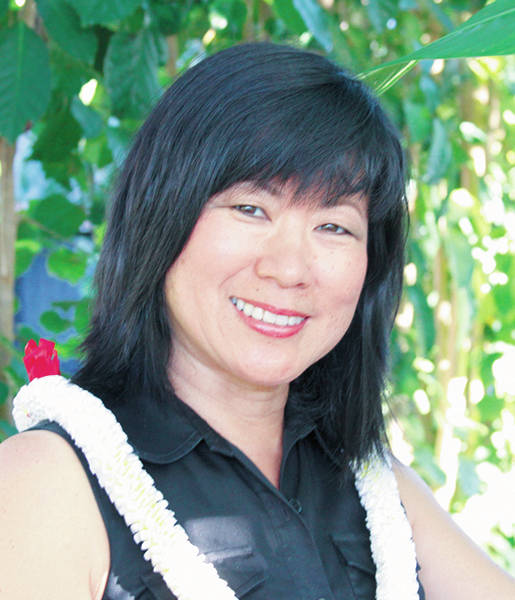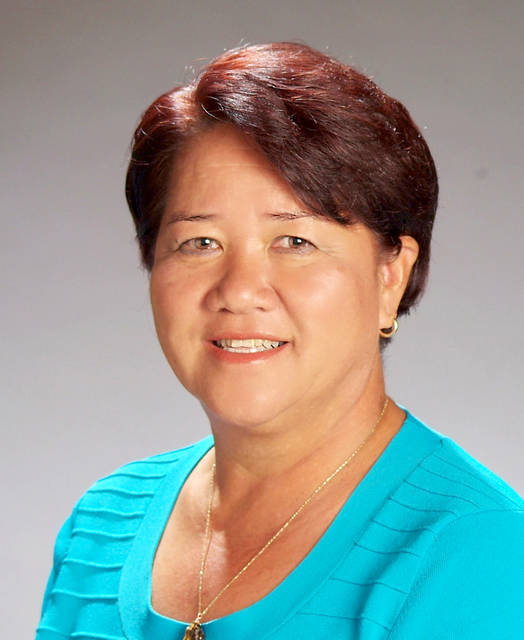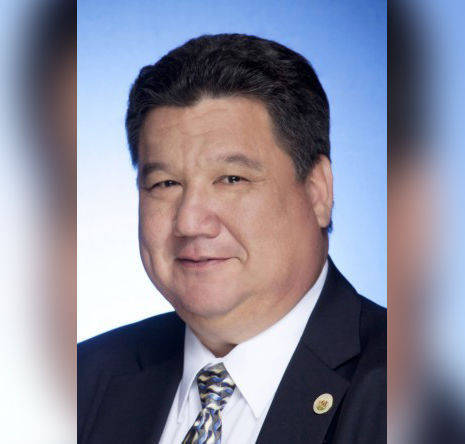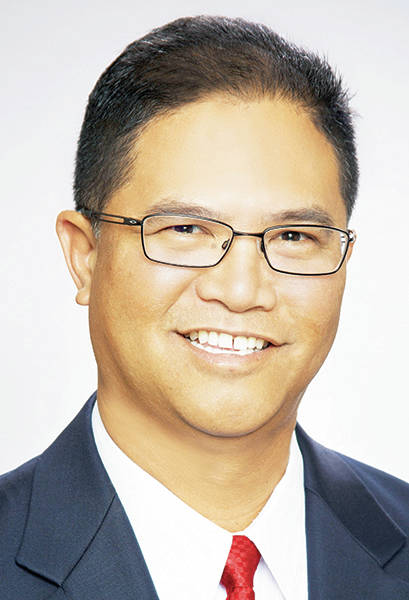LIHUE — State lawmakers will get back to arguing about everyone else’s problems this week. The 2019 legislative session begins Wednesday, Jan. 16.
The Garden Island asked the politicians representing Kauai and Niihau in the Senate and the House of Representatives what they plan to do for their constituents this year. Here’s what they said.
Senate President Ron Kouchi — Senate District 8 — Kauai and Niihau
Senate President Ron Kouchi said the state legislature’s upper chamber will tackle a number of issues in 2019, including the minimum wage and recreational marijuana.
A bill that would have raised the minimum wage to $12.25 an hour in 2019 and $15 by 2020 did not pass the Senate last year. Kouchi did not give any specifics regarding the size of the wage hike legislators intend to propose but said he expects to work on “incremental minimum wage increases.”
At $10.10 per hour, Hawaii’s minimum wage is lower than 11 other states and Washington, D.C. But the state’s cost of living is by far the highest in the country and nearly double the national average, according to MoneyRates.com, a finance website that issues an annual ranking of the best and worst states to make a living. In 2018, MoneyRates named Hawaii the worst state to live in financially for the eighth consecutive year.
Kouchi sounded somewhat less optimistic about the future of legalization of recreational marijuana in Hawaii.
“We’ll see how it all turns out,” Kouchi said. “I haven’t been a big supporter of marijuana traditionally.”
Last year, Hawaii — along with 20 other states — considered bills that would legalize adult-use marijuana. Hawaii legislators rejected the bill, but support for recreational marijuana continues to grow around the nation.
In 2018, Michigan, Vermont and Maine passed laws to legalize it, joining seven other states and the District of Columbia. Federal laws still prohibit the sale or possession of weed, but the National Conference of State Legislatures sent a letter to Congress in support of a recently-introduced bill to protect state sovereignty with respect to marijuana.
Rep. Dee Morikawa — House District 16 — Niihau, Lehua, Koloa, Waimea
Because she is the House majority floor leader, Morikawa said rather than addressing any specific issue, she intends to focus on leadership, specifically overseeing the state budget.
According to Morikawa, this year the House is going to take a more active role in the budget process than it has in years past. Each committee will be charged with conducting a thorough review of the expenditures proposed by its corresponding government department or agency, to ensure tax dollars are being spent wisely and effectively.
“That’s going to be new, and I think it’s about time,” Morikawa said in a telephone interview.
In addition to developing a more efficient budget, Morikawa expects this new approach to create greater transparency. Committee chairs will be expected to make a list of their findings and create an individual bill for each of the most significant changes they would like implemented in the department they oversee. Those bills will then go through the normal legislative process, subjecting them to internal review, deliberation and public hearings.
Morikawa said although the process will require a lot of hard work, she feels it is a necessary step and is actually looking forward to the task.
“This has never been done before,” she said. “It’s exciting.”
Rep. Nadine Nakamura — House District 14 — Hanalei, Princeville, Kilauea, Anahola, Kapaa, Wailua
Nakamura said disaster flood relief is at the top of her list of priorities for the 2019 legislative session. In May, Gov. David Ige signed a bill to finance recovery efforts on the North Shore in the wake of last year’s historic floods.
Act 12 set aside $100 million in state funding specifically for Kauai flood relief. But infrastructure repairs, delayed by heavy rain and landslides, have taken longer than expected, and time is running out. The act calls for funding to expire if not used by the end of June, 2019.
Nakamura intends to amend the legislation by one year to allow adequate time for repairs to be completed. She also hopes to add language to Act 12 that will provide “a little wiggle room” for necessary embankment maintenance not covered under the legislation as it is currently written.
Traffic congestion was second in line for Nakamura, who said she will focus on making sure the state Department of Transportation has the necessary funding for projects like widening the highway in front of the Coco Palms resort to ease some of the traffic congestion in Kapaa.
Nakamura also hopes to work on a bill that would address Kauai’s high suicide rate by ensuring adequate funding for nonprofit organizations already working to provide mental health resources to the island’s residents.
Rep. James Tokioka — House District 15 — Wailua Homesteads, Hanamaulu, Lihue, Puhi, Koloa, Omao
Tokioka said he is going to start the session “as I have every year” — with a tour of the island’s publicly maintained facilities, like hospitals and schools, in order to learn about the needs of Kauai residents firsthand.
Capital improvements projects are also a priority, Tokioka said. He mentioned widening the roads to reduce traffic congestion and the importance of working together at different levels of government to find solutions to the logistical difficulties inherent in infrastructure projects of that magnitude.
Tokioka said he will continue to focus on the needs of constituents, and the best way to do that is through cooperation between the state, county and federal governments.
He plans to work with private landowners to address the island’s affordable housing crisis, and said one promising solution is to create space for additional housing units by building higher structures near the center of urban areas. With land prices at a premium, it may be cheaper to build higher, Tokioka said.
•••
Caleb Loehrer, staff writer, can be reached at 245-0441 or cloehrer@thegardenisland.com.






“At $10.10 per hour, Hawaii’s minimum wage is lower than 11 other states and Washington, D.C. But the state’s cost of living is by far the highest in the country and nearly double the national average, according to MoneyRates.com, a finance website that issues an annual ranking of the best and worst states to make a living. In 2018, MoneyRates named Hawaii the worst state to live in financially for the eighth consecutive year.”
From all these politicians not a word about the state and county governments’ role in the outrageous cost of living. Taxes, insane regulations and actually an obstructionist, anti-business mindset that pervades the government sectors. Add in the monetary inflation caused by the Federal Reserve’s penchant for creating credit (money) out of thin-air and the problem is compounded. And, what about the Jones Act that penalizes our citizens, grants Matson Navigation a virtual monopoly, and is especially regressive for low and fixed income people.
Regressive as in the latest theft by the county governments tacking on a “surcharge” to the GE tax. Ironically, the only one to oppose this theft was Mel Rapozo and the fools gave him the boot in favor of the man who was behind the so-called “surcharge”. In essence punishing themselves and setting the table for more “fees” etc.,etc.
All I can say is: hang on to your wallets…
RG DeSoto